
Hope springs anew for the more than 500,000 “Scrabulous” fans mourning the demise of their beloved Facebook game. Jayant and Rajat Agarwalla have launched a “new” word game, “Wordscraper.”
The new game, which bears a striking resemblance to its banned predecessor, made its Facebook debut as early as Tuesday — the same day “Scrabulous” was removed in the wake of a legal tussle with the makers of Scrabble. Thus far, however, only 3,569 users, a fraction of the half million daily players “Scrabulous” once drew, are playing the game.
The launch of a new game from the “Scrabulous” developers was not unexpected, said Michael Gartenberg, an analyst at JupiterResearch.
“I’m not surprised they’re doing this. This thing was wildly popular. For whatever reason, this incarnation of their version … has just resonated with people, and Scrabble just hasn’t. I’m not surprised they’re back at it again with a different name and a slightly different experience, hoping they can still tap into that zeitgeist going forward,” he told the E-Commerce Times.
‘Scrabulous’ Redux
With “Wordscraper,” the Agarwalla’s have made a few changes. Squares on the game board and letter tiles have been removed and replaced with circles and circular letter pieces. The brothers also revamped the game’s scoring structure.
The new game features two modes: regular game play between up to four players, and “Wordscraper Blitz, in which gamers can pit their wits against all comers. In Blitz mode, all players receive the same board and initial 7 tiles at the start of each round. The winner is the player with the maximum score at the end of the four-minute round.
In regular mode, players can make the rules as they go along by creating their own board. These layouts can be saved and used in later games. Scoring for the game has also been revamped. As with Scrabble and “Scrabulous”, “Wordscraper” also features special point-boosting circles. 5W, for example, will multiply an entire word score by five, while 2L will double the value of any letter placed on that spot.
Despite these alterations, the game still looks an awful lot like its predecessor, said Jeremiah Owyang, a Forrester Research analyst.
“It sure looks very similar to ‘Scrabulous.’ In fact, it’s so similar some may wonder if Hasbro will come after them again. It looks so similar to the real Scrabble game and “Scrabulous” that there could be some points of contention with Hasbro,” he told the E-Commerce Times.
Owyang was also not surprised by the release of “Wordscraper,” adding that the game developers have had a lot of time since the fight with Hasbro and Mattel began in January to alter the game “and quite honestly, they haven’t made that many changes,” he said.
Modifications aside, Owyang said he expects the game to attract the same following that “Scrabulous” once had.
“They will absolutely attract followers because the Facebook community is much in alignment with the ‘Scrabulous’ brand, including this new version, and many of them are bitter and sour toward Hasbro,” he explained.
A Cautionary Tale
Although “Wordscraper” is not the virtual Scrabble clone that “Scrabulous” was, the question now is whether enough has been done to differentiate the game from Hasbro’s perspective.
For its part, Facebook said it bears no liability when it comes to issues of copyright with developers for its Facebook Platform.
“We’re encouraged that the developers of ‘Scrabulous’ are continuing to build new and innovative games for users,” David Swain, a Facebook spokesperson, told the E-Commerce Times. “One of the things that’s important with all of the new innovation from third parties on Facebook Platform is that, as part of the developer Terms of Service, developers own the intellectual property for the applications they build, and attest that their applications do not infringe on any copyright or trademark laws. We recommend application developers consult with an attorney who can give sound legal advice whenever they have questions.”
Fledgling and independent game developers can learn from the dust up between the Agarwallas and Scrabble’s license owners.
“The ‘Scrabulous’ game was an interesting take on an established and well-known game. For many reasons, the new game was popular because of the old game, which had the same rules, very similar name and other indications, making people think that new game was sanctioned. It was not, and we know the consequences,” explained Raymond Van Dyke, a technology attorney in Washington, DC.
Developers, he said, should avoid unsanctioned use of other’s code to avoid possible copyright and patent violations as well as other’s brands to forestall possible trademark violation.
“Unauthorized leveraging of your product from another person’s established product is what is unfair. To the extent Wordscraper avoids these serious problems, it can survive in the market place on its own merits. Creativity and originality can be the key to success also,” Van Dyke concluded.





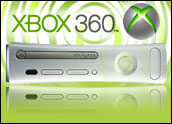
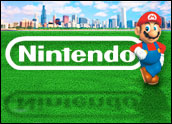

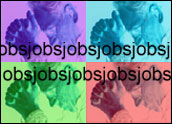
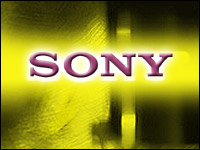



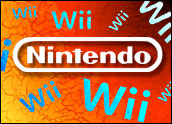

































Social Media
See all Social Media